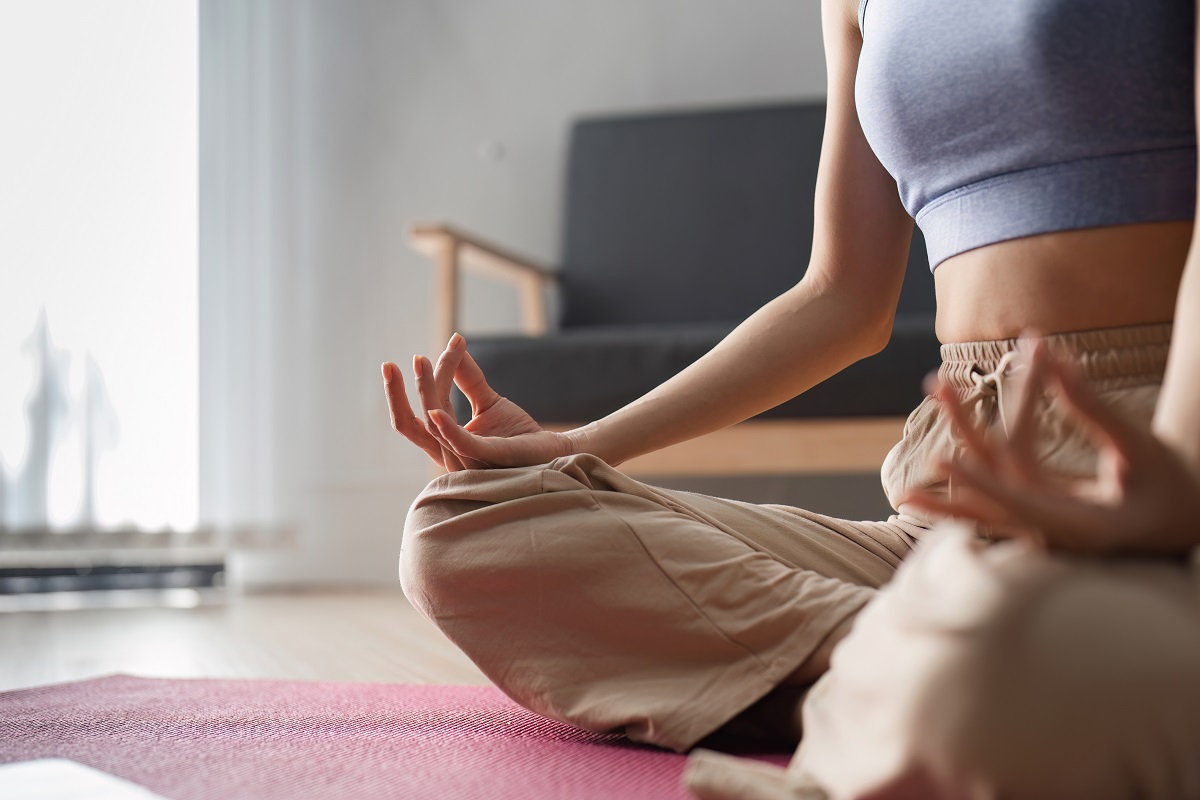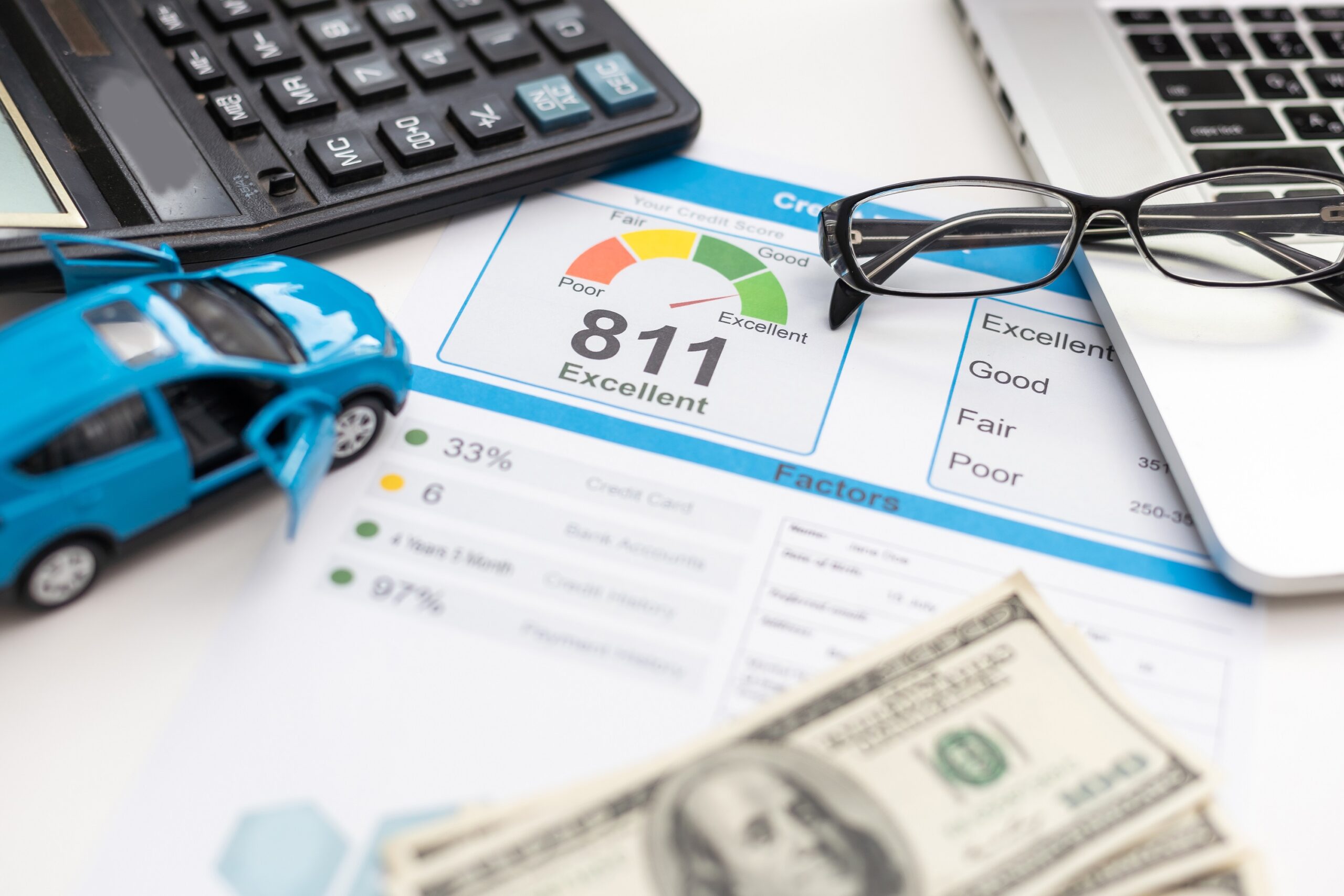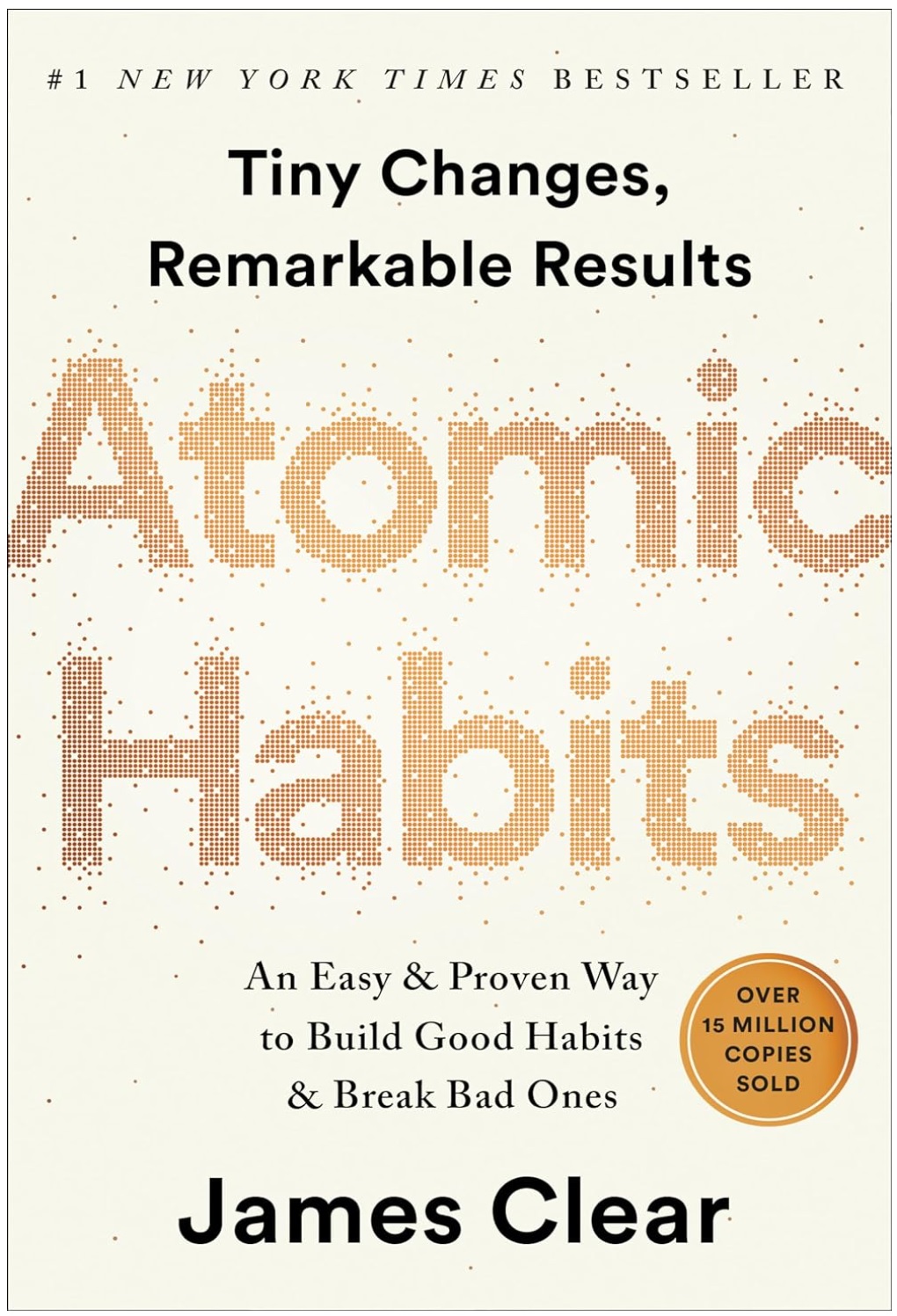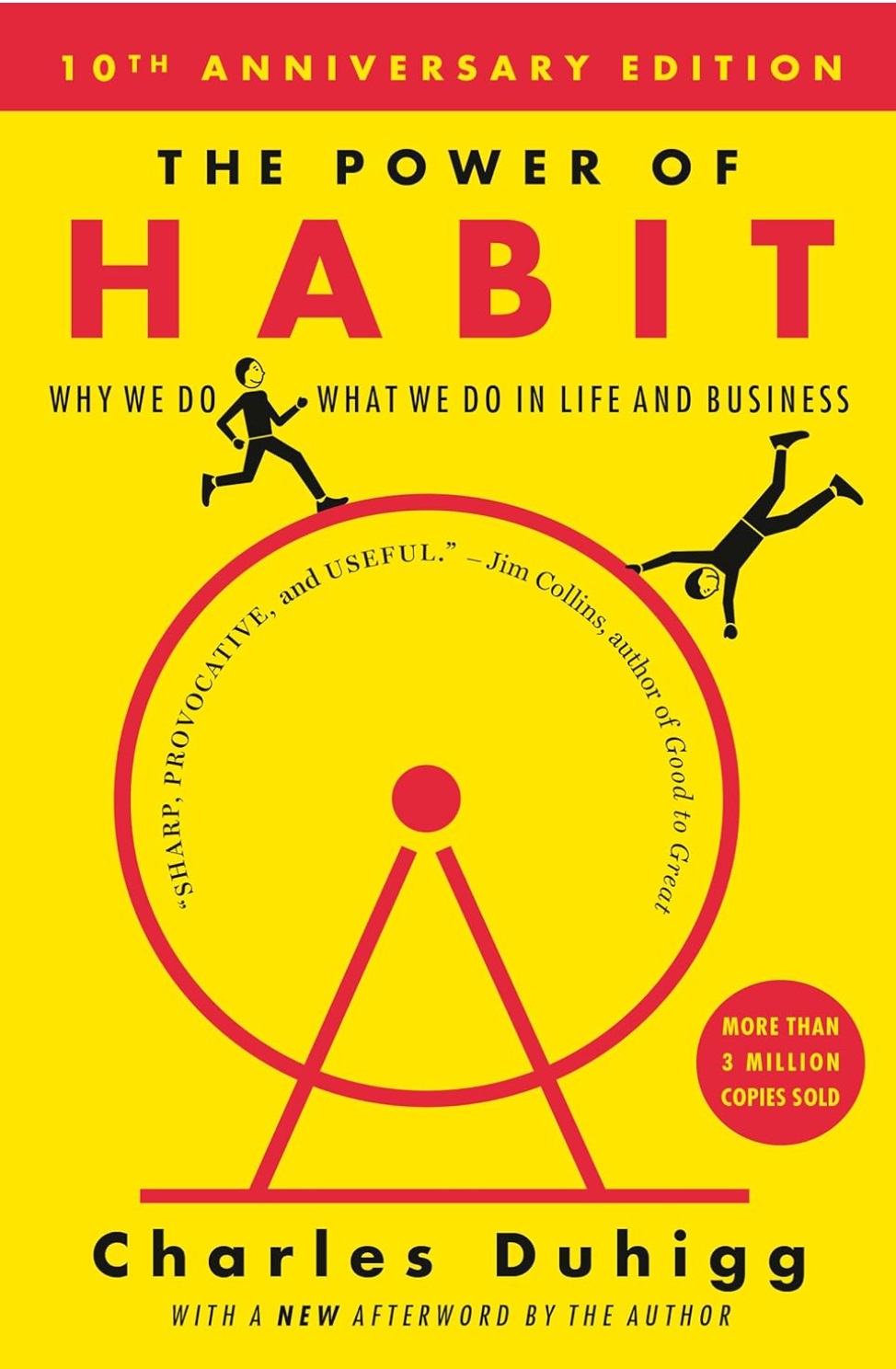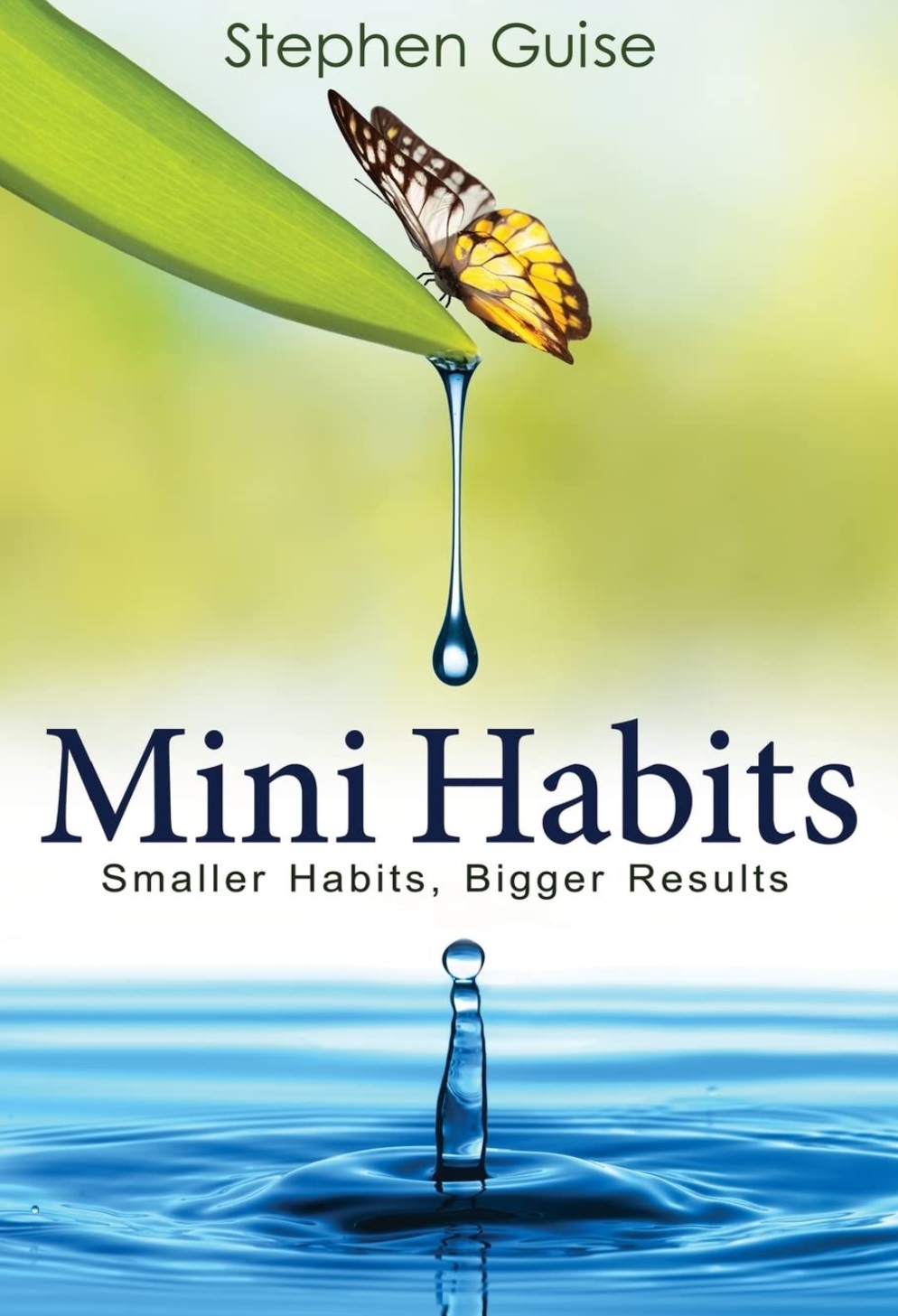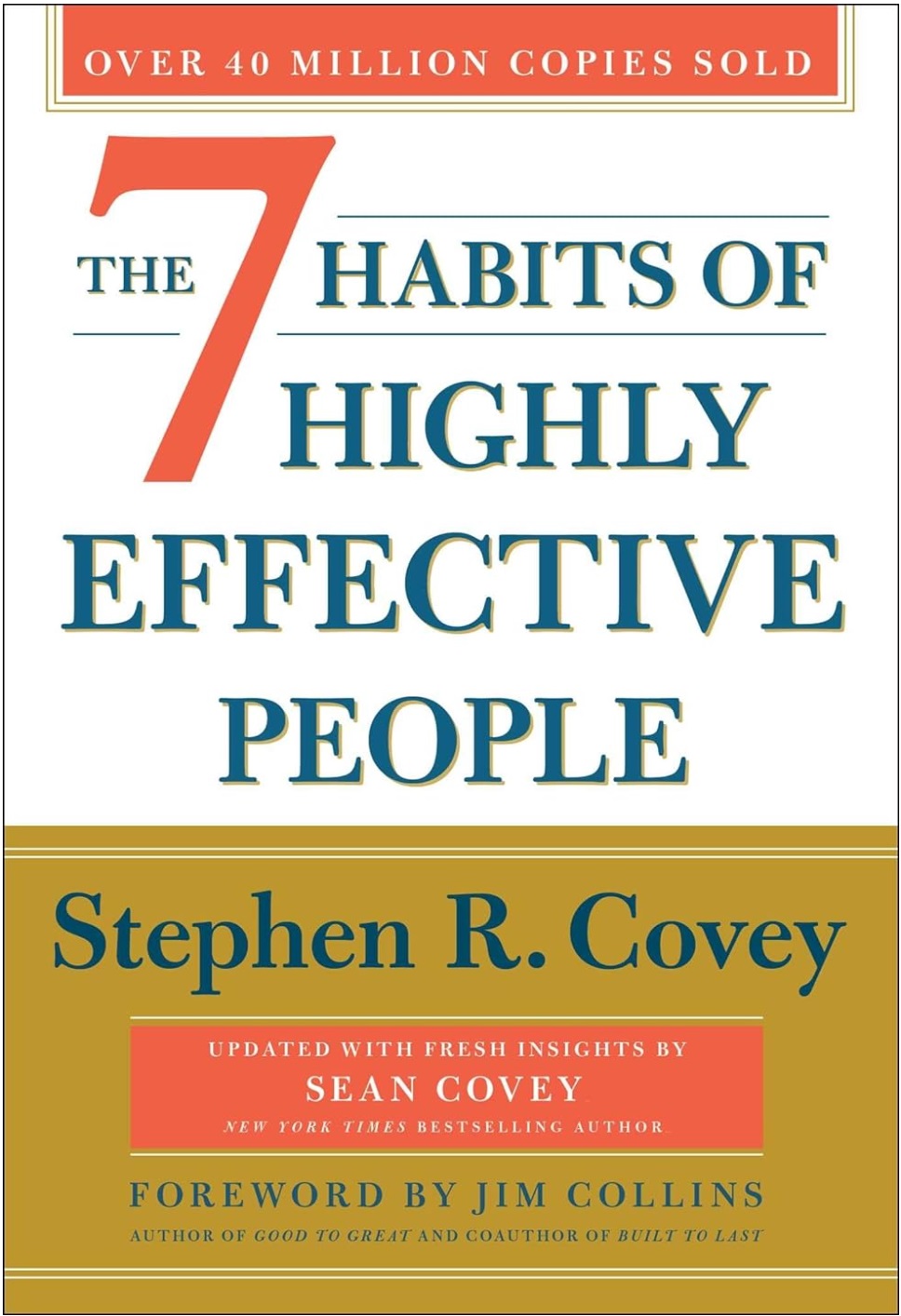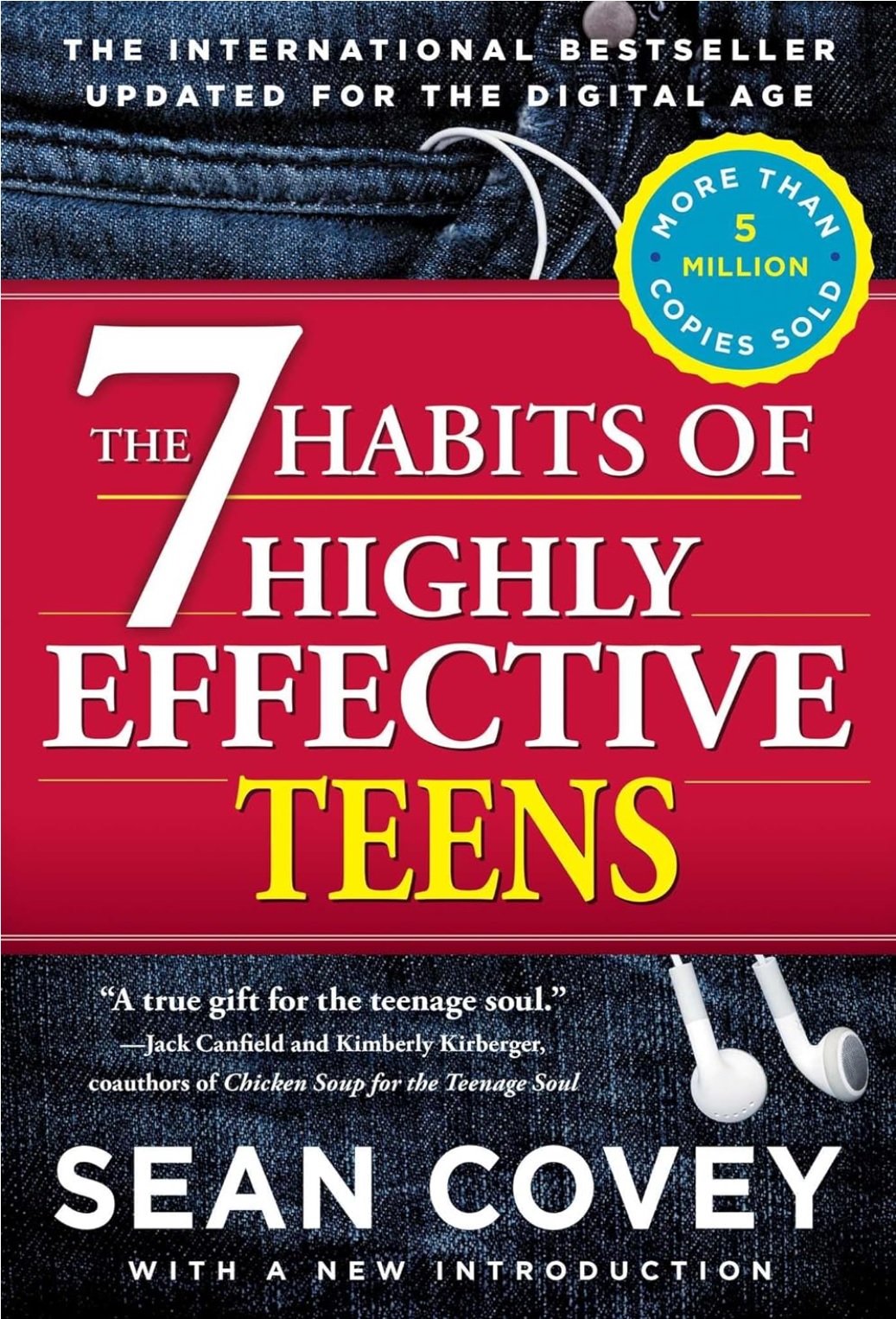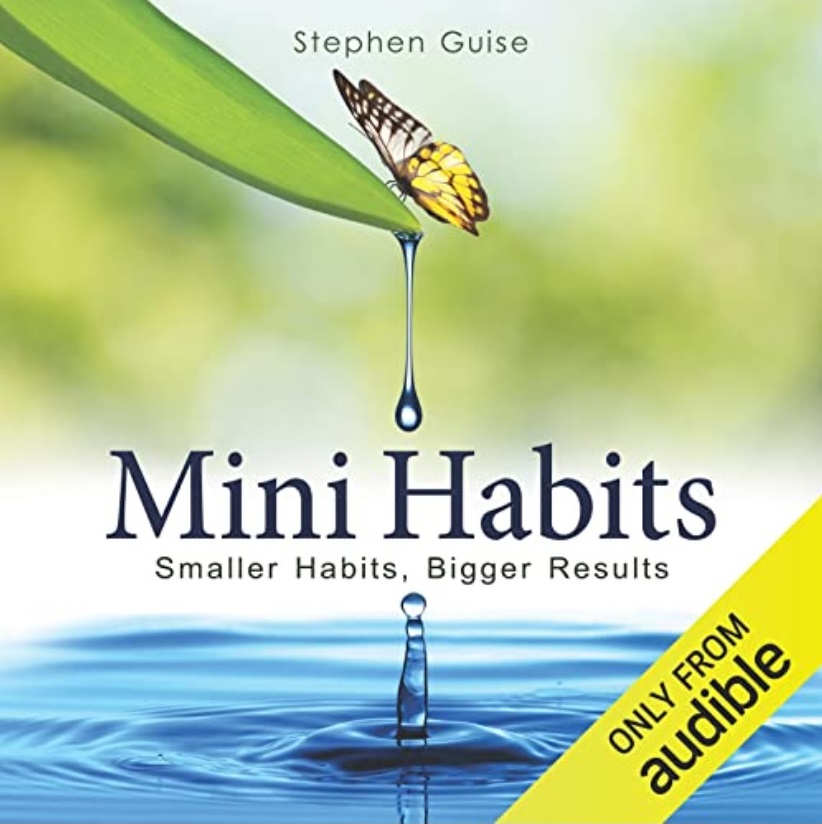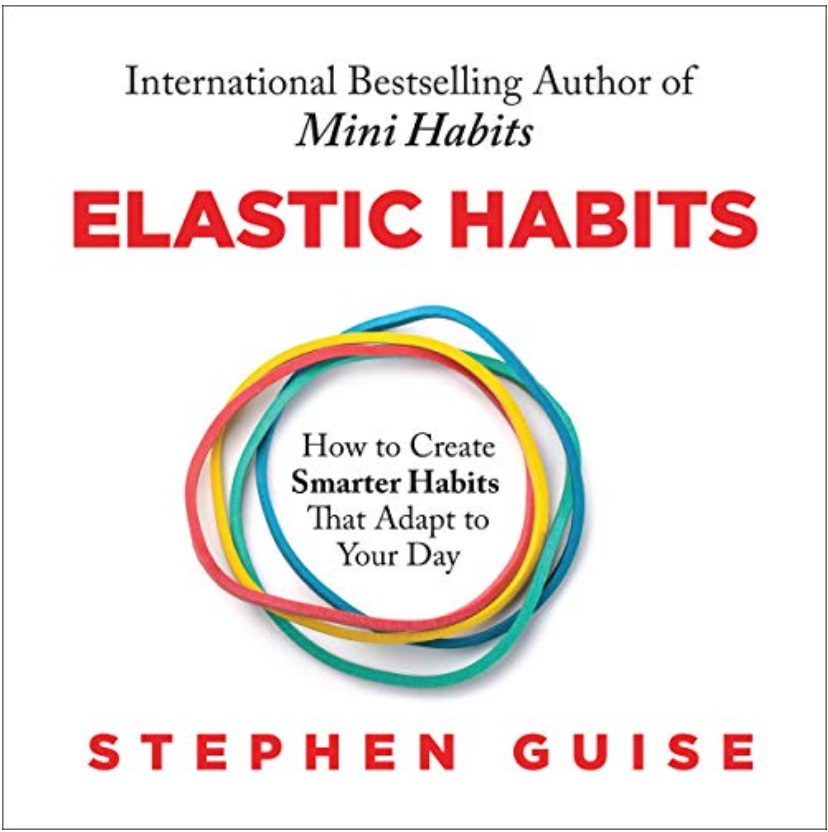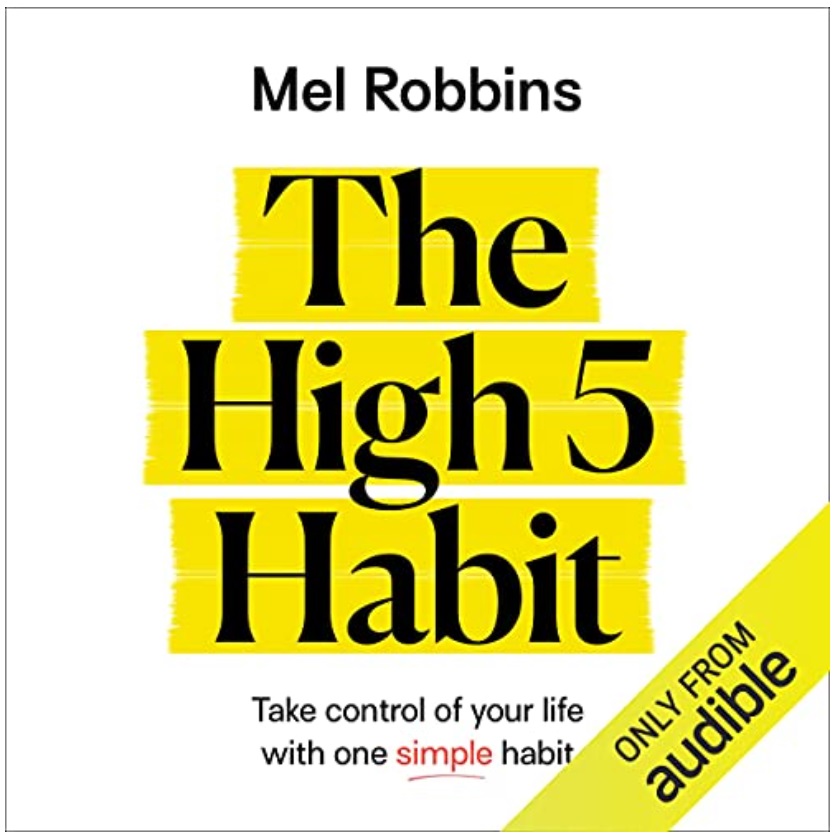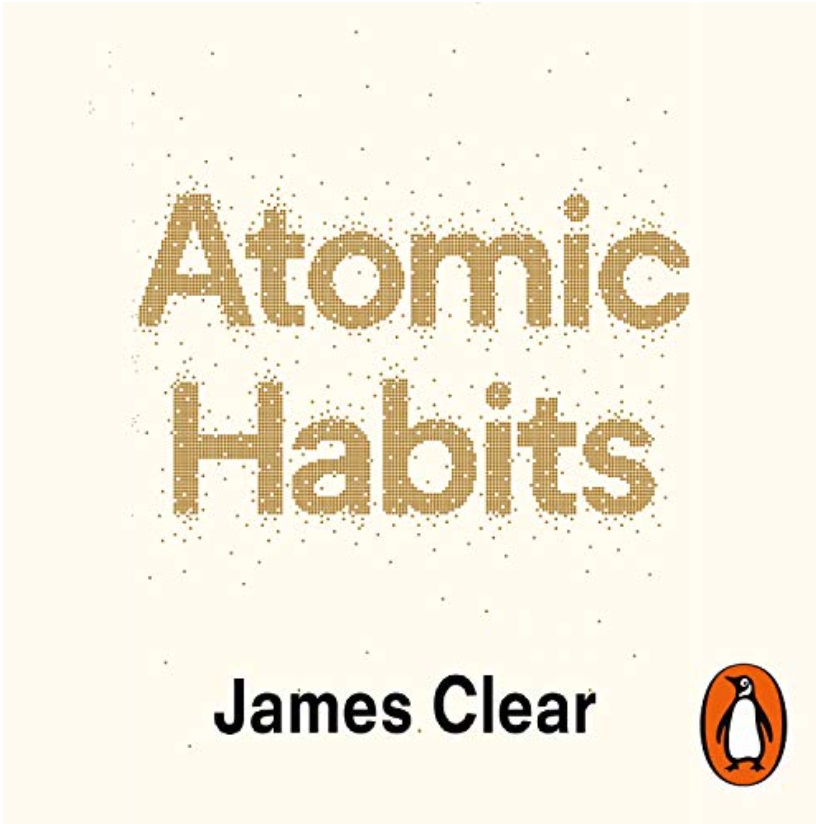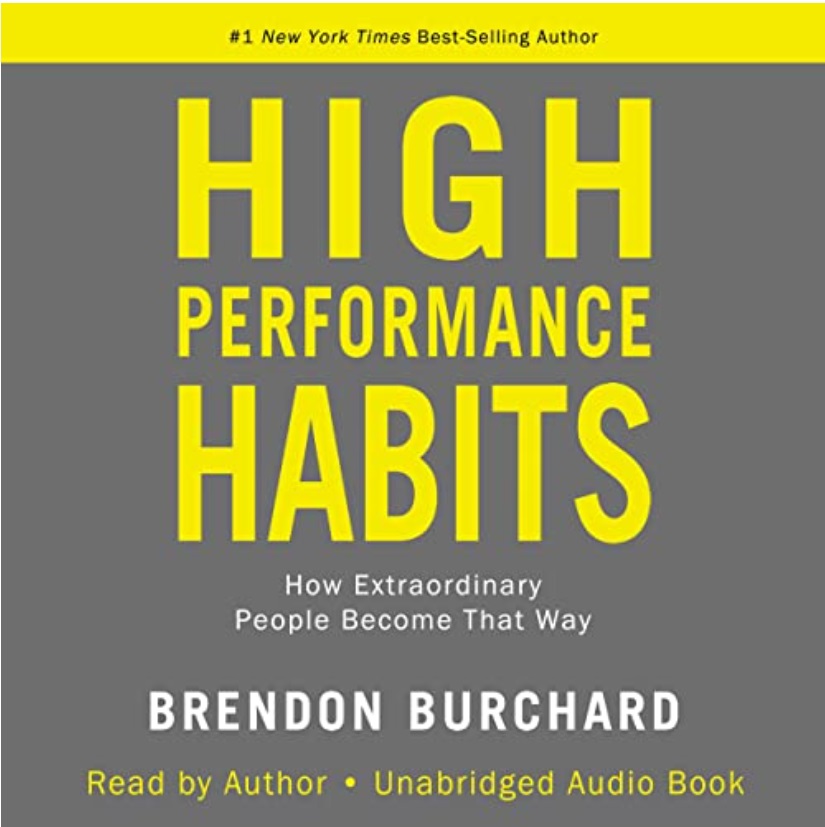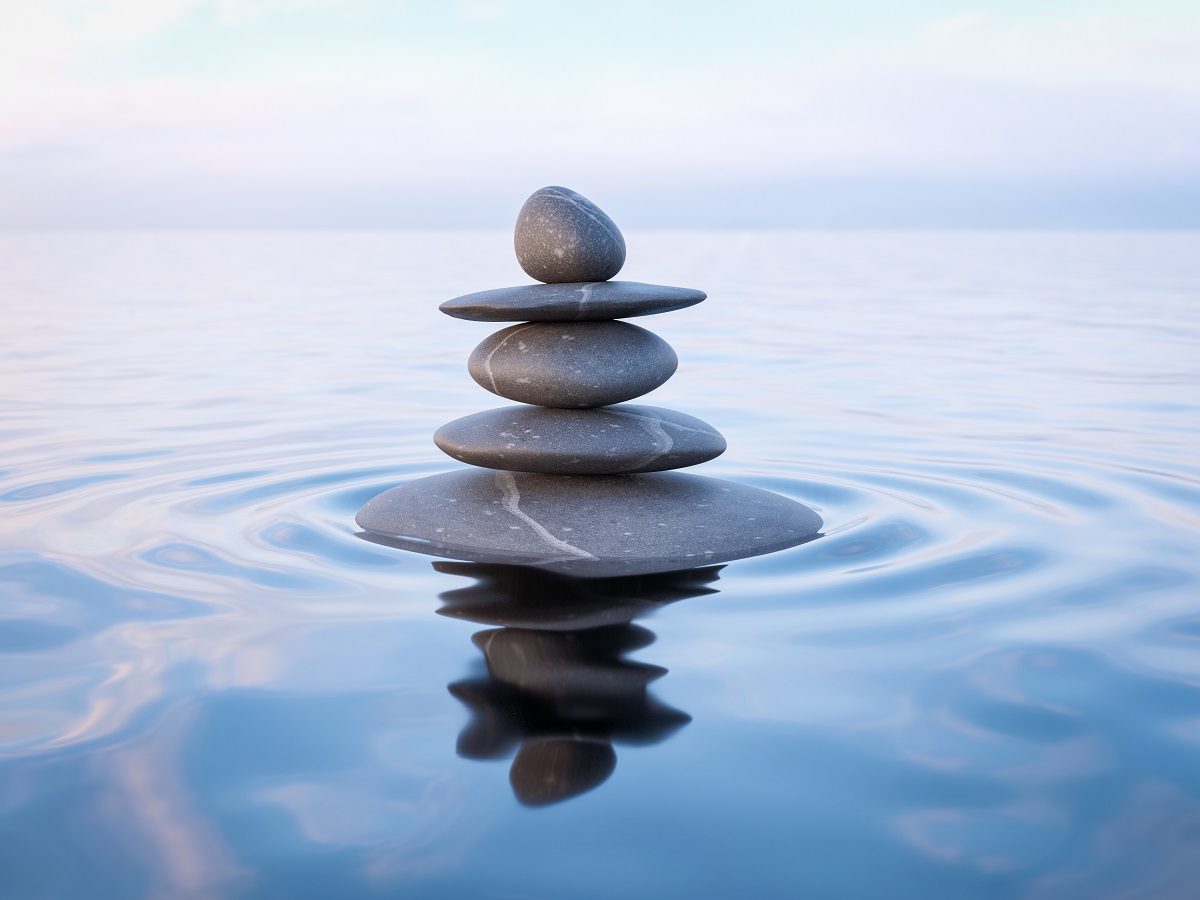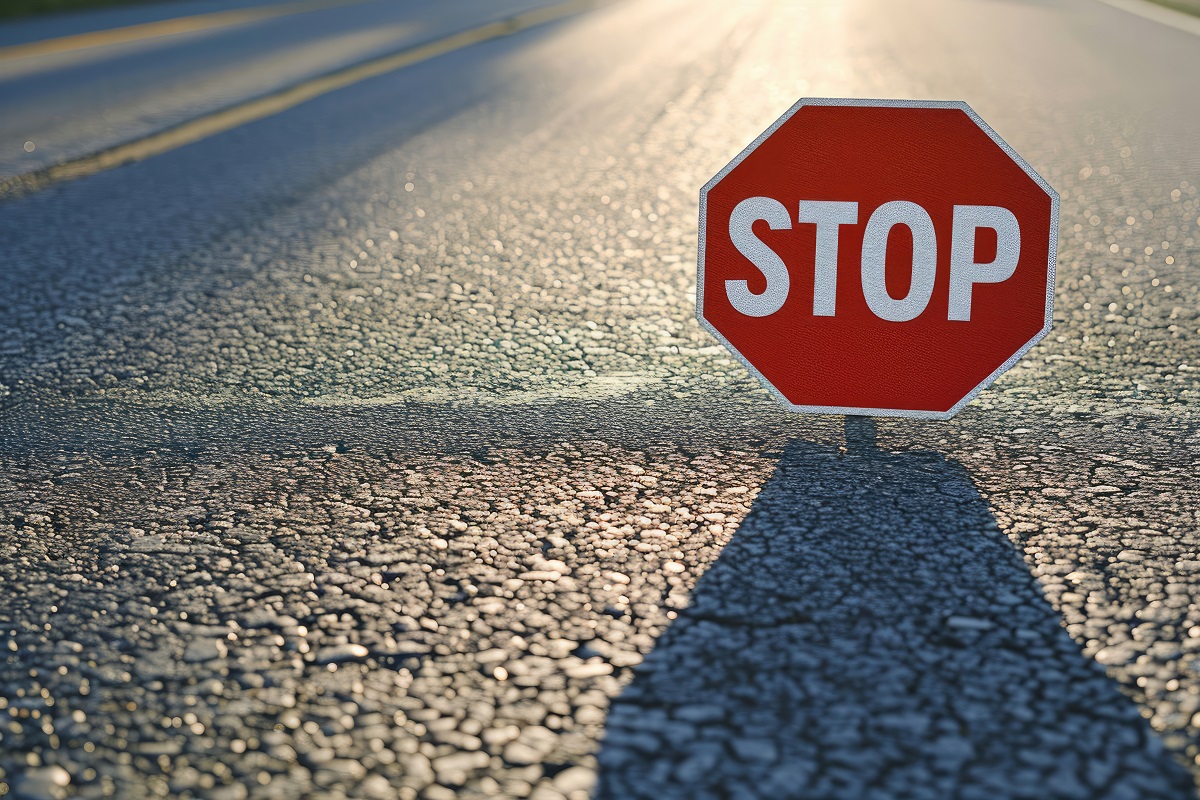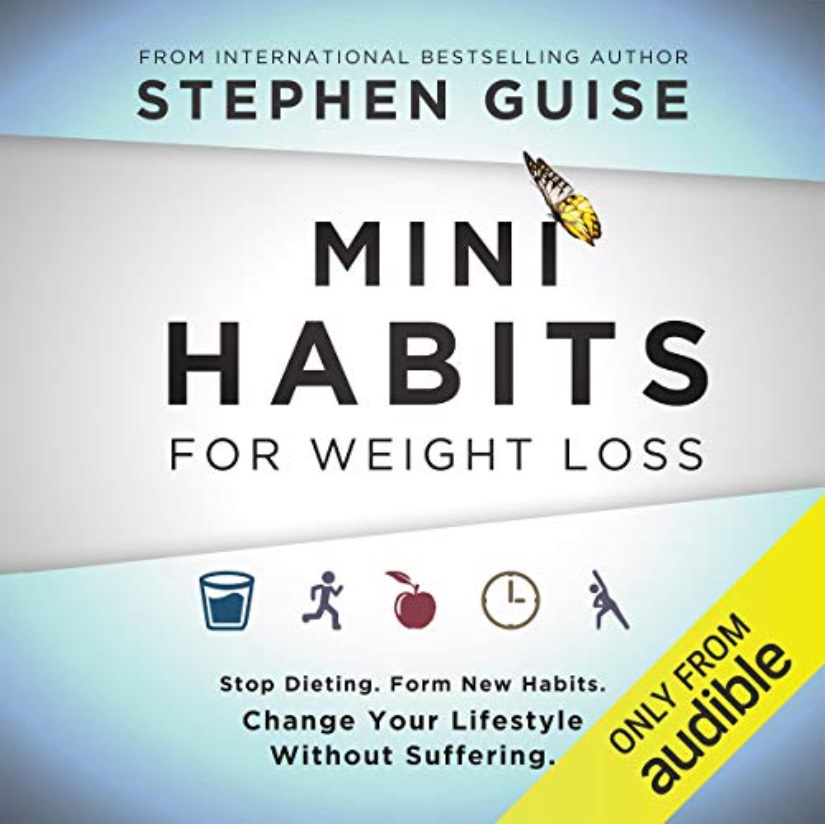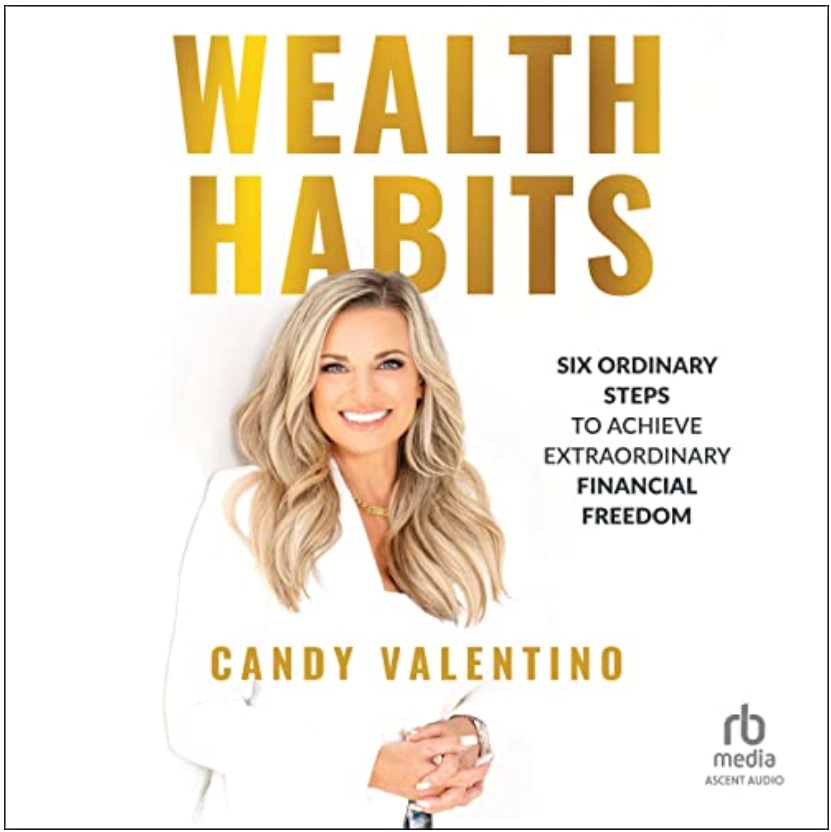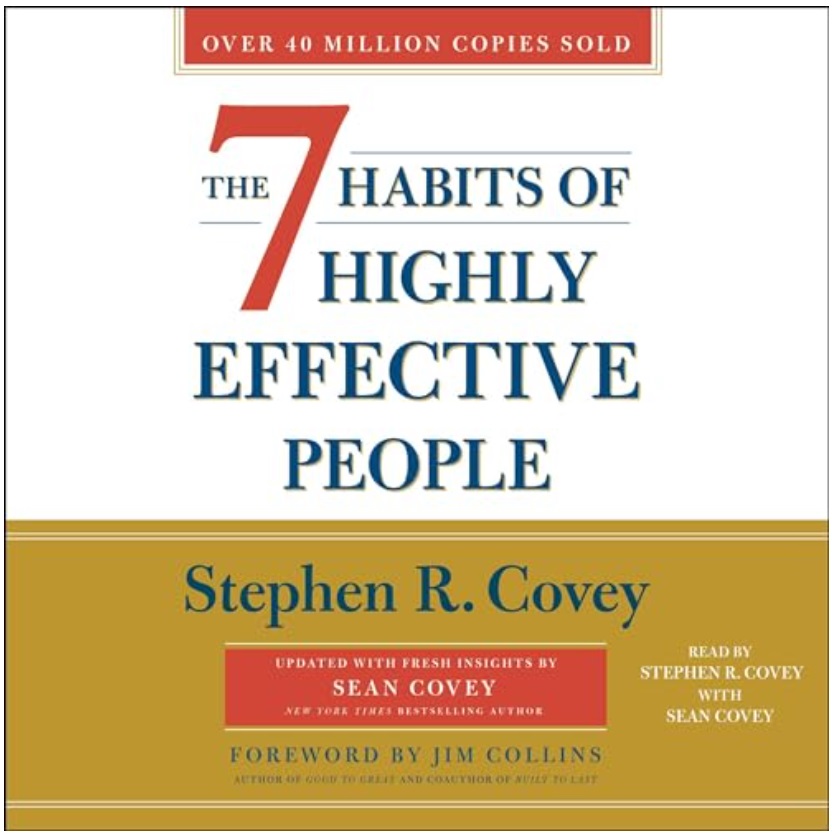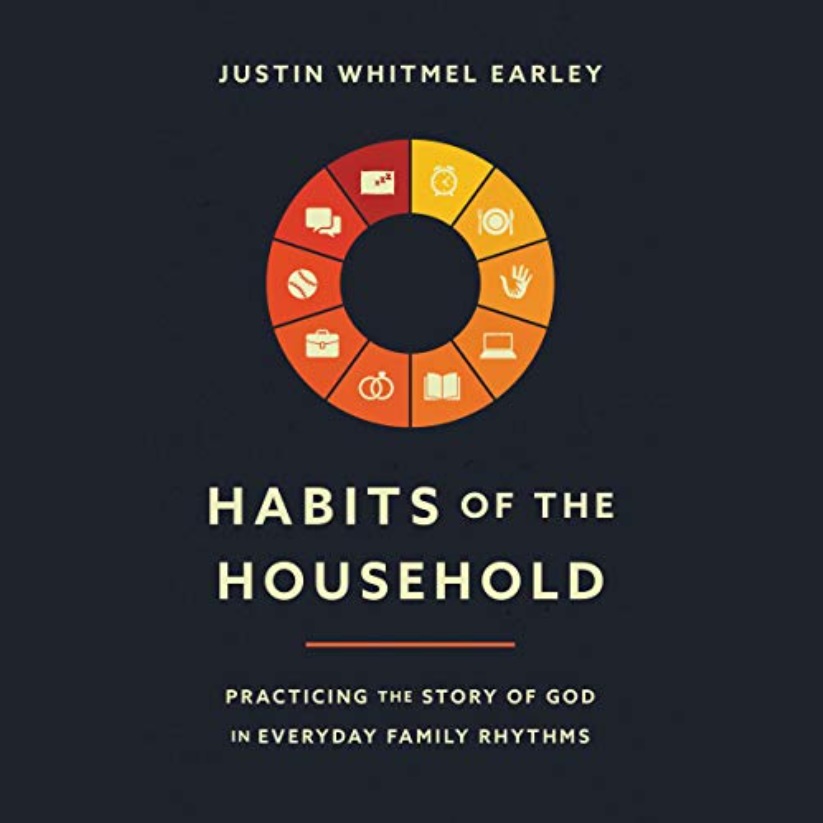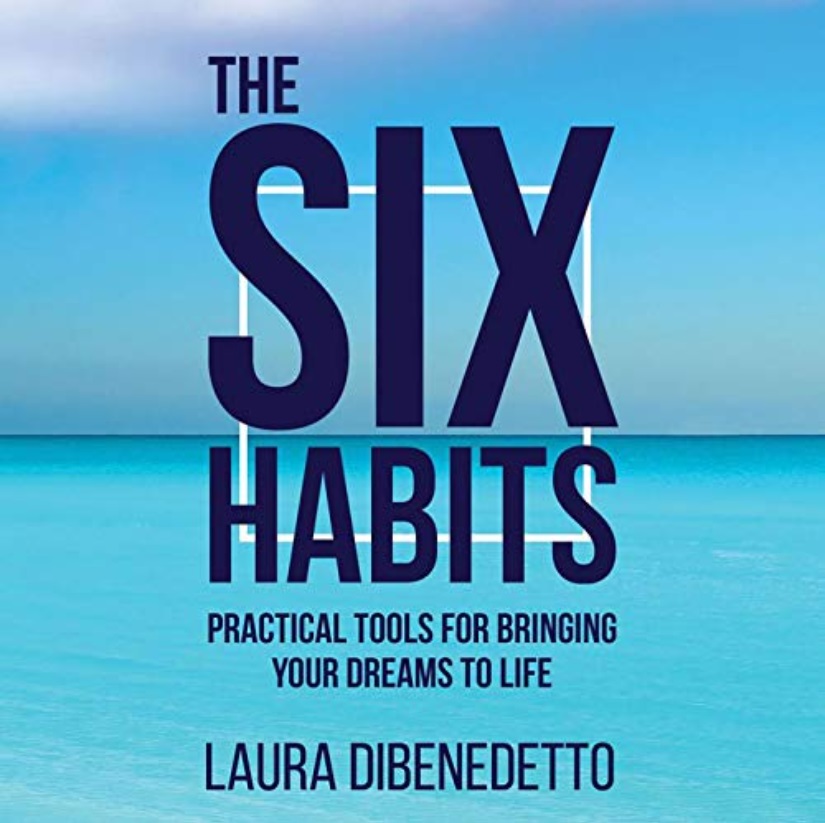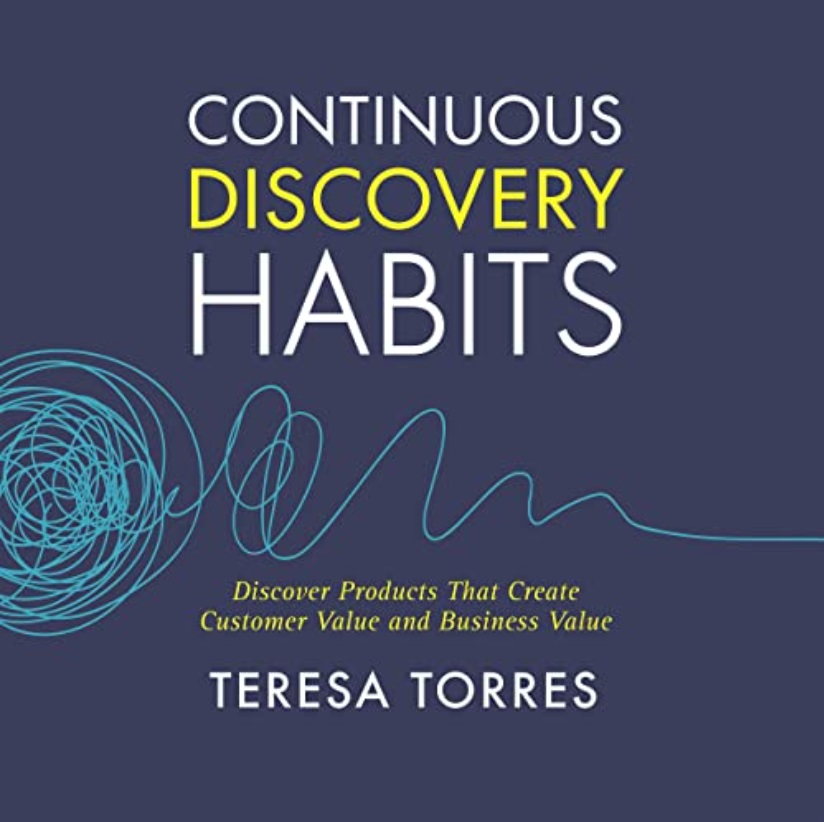- WHAT YOU'LL LEARN IN THIS ARTICLE
- Building daily reflective habits strengthens self-awareness, helping you notice patterns, clarify your values, and live intentionally.
- Morning and evening reflection rituals, like gratitude journaling and celebrating small wins, create clarity and balance.
- Reflection can fit into everyday moments; quick pauses, mindful conversations, and mini check-ins all deepen self-awareness.
Have you ever caught yourself rushing through life on autopilot, barely pausing to ask why you’re doing what you’re doing? I know I have. There were weeks when I would roll out of bed, check my phone, power through work, and collapse at night without ever taking a moment to reflect on how I felt, what I learned, or what really mattered. Over time, that kind of living left me feeling disconnected from myself; I was busy, but I wasn’t fully present.
That’s why reflective habits are so powerful. They give us permission to slow down, step back, and tune in to what’s happening inside us. Building daily reflective habits is like setting up a mirror for your mind and heart; it helps you see yourself more clearly, notice patterns you might otherwise miss, and grow into the person you truly want to be.
In this post, I’ll walk you through how to build daily reflective habits that enhance your self-awareness and enrich your life. Along the way, I’ll share some of my own examples and practical steps that you can start applying today. My goal is not to give you another list of “shoulds” but to offer real, doable practices that fit into everyday life.
Let’s dive in.
Table of Contents
ToggleWhy Reflection Matters for Self-Awareness
Before we talk about specific habits, let’s pause to consider why reflection is such a key to self-awareness. If self-awareness is the foundation of personal growth, then reflection is the tool that helps you build it brick by brick.
Seeing Yourself More Clearly
I used to think I knew myself pretty well until I realized how often I made choices without questioning them. For example, I would automatically say yes to social invitations even when I was exhausted, then wonder why I felt resentful. Reflection helped me notice this pattern and adjust my behavior. By journaling and asking myself questions like “What do I really need right now?”, I learned that saying no sometimes was an act of self-care.
Reflective habits make it possible to catch yourself in those moments where your actions and your needs don’t align. They’re like a spotlight that shines on the parts of your life that need more attention.
Connecting Reflection to Growth
One of the most powerful things about reflection is how it connects today to tomorrow. Think about it: every time you reflect, you’re giving yourself a chance to learn from what happened and carry those lessons forward. Without reflection, experiences just pile up without meaning; with reflection, they become stepping stones.
I often reflect at the end of the day by asking myself, “What went well today, and what would I do differently tomorrow?” That small question helps me see growth as a daily practice instead of a distant goal.
Avoiding the Trap of Auto-Pilot Living
Life moves fast, and it’s easy to fall into the trap of reacting instead of living intentionally. Reflection interrupts that cycle. It’s like pressing the pause button on a movie so you can really see what’s happening in the scene.
Action Step: Take five minutes today to pause and ask yourself, “Am I living intentionally, or am I just reacting?” Write down whatever comes up.
Morning Reflection Habits
Mornings set the tone for the entire day, which makes them the perfect time to practice reflection. Instead of diving headfirst into emails or social media, a few reflective minutes can ground you in self-awareness and help you start with clarity.
Start with Gratitude
One of the simplest reflective habits is to begin the day by acknowledging what you’re grateful for. I personally keep a small notebook on my nightstand, and each morning I write down three things that I appreciate. Sometimes it’s something big, like the health of my family; other times it’s something small, like the way the sunlight hit the window.
This practice shifts your perspective before the day even begins. Instead of rushing into tasks, you’re reminding yourself that there’s already something good in your life right now.
Reflective Question: What three things am I grateful for today, and why do they matter to me?
Set an Intention
After gratitude, I like to take a moment to set an intention for the day. An intention is not the same as a goal; it’s more about how you want to show up. For example, my goal might be to finish writing an article, but my intention might be to work with focus and kindness toward myself.
When I forget to set an intention, I often feel scattered, like I’m pulled in ten directions at once. When I do remember, it acts as a compass for how I carry myself throughout the day.
Reflective Question: How do I want to show up for myself and others today?
Visualize the Day Ahead
Another habit I’ve found helpful is visualizing my day. I take a couple of minutes to imagine how I want my day to unfold. I see myself handling challenges calmly, enjoying conversations, and ending the day with a sense of accomplishment.
Visualization primes your mind to act in alignment with what you pictured. It’s a reflective exercise that blends imagination with intention, creating a mindset of readiness.
Reflective Question: What kind of day do I want to create, and what mindset will help me achieve it?
Evening Reflection Habits
While mornings are about setting the tone, evenings are about gathering wisdom from the day. Evening reflection is like a gentle closing ceremony; it helps you process what happened, release stress, and prepare for tomorrow.
Celebrate Wins, Big and Small
One of my favorite evening reflections is to list my wins. This is especially important on days when I feel like I didn’t do enough. By writing down small wins like “I stayed patient during a tough meeting” or “I went for a walk even though I was tired,” I remind myself that progress often comes in little steps.
I’ve noticed that when I consistently celebrate wins, I feel more motivated and kinder to myself. It shifts my focus from what I lacked to what I accomplished.
Reflective Question: What went well today, and how did I contribute to it?
Learn from Challenges
Just as important as celebrating wins is reflecting on challenges. I try not to judge myself too harshly but instead ask, “What can I learn from this?” For example, if I lost my temper, I might reflect on what triggered it and how I could respond differently next time.
This habit turns mistakes into teachers. Over time, it builds resilience and a growth mindset.
Reflective Question: What challenged me today, and what can I learn from it?
End with Gratitude and Release
Before bed, I like to end the day with gratitude again. Sometimes I’ll simply whisper, “Thank you” for the experiences of the day, even the hard ones. This helps me let go of lingering stress and sleep with a lighter heart.
Reflective Question: What am I thankful for tonight, and how can I release what no longer serves me?
Using Journaling as a Daily Reflective Practice
Journaling deserves its own space because it’s one of the most powerful reflective habits you can build. Writing things down takes the swirl of thoughts in your head and turns them into something you can see, read, and process.
Free Writing for Clarity
One approach I use is free writing, where I set a timer for ten minutes and write whatever comes to mind without editing. Sometimes it’s a jumble of thoughts, other times it flows into clear insights. Almost always, I walk away with more clarity than when I started.
Reflective Question: What’s on my mind right now, and how do I truly feel about it?
Guided Journaling with Prompts
When I feel stuck, I turn to prompts. For example, I might ask, “What drained my energy today?” or “What brought me joy?” These simple questions guide me to uncover insights I wouldn’t have reached on my own.
Reflective Question: What prompt resonates with me today, and what does my response reveal?
Journaling to Track Patterns
Over time, journaling also becomes a record of patterns. I’ve looked back at entries and noticed recurring themes, like how much better I feel on days when I take a walk. This kind of reflection is invaluable because it turns vague feelings into clear evidence.
Reflective Question: What patterns do I notice in my reflections over time, and how do they shape my life?
Reflection in Everyday Moments
Reflection doesn’t always have to be a formal activity like journaling or a structured morning ritual. In fact, some of the most powerful insights come from weaving reflection into ordinary moments.
Using Pauses Throughout the Day
One of my favorite techniques is to pause between tasks and ask myself, “How am I feeling right now?” I’ve done this in line at the grocery store, sitting in traffic, or even while waiting for the kettle to boil. These little check-ins help me reconnect with myself in the middle of busyness.
There was one week when I felt unusually restless and unproductive. During a quick pause, I realized my restlessness wasn’t about work at all; it was about skipping exercise for several days. That tiny reflection helped me make the connection and get back on track with movement, which instantly boosted my mood.
Reflective Question: How am I really feeling in this moment, and what does my body or mind need right now?
Reflecting During Conversations
Another practice I’ve built is reflecting while I’m in conversation with others. Instead of only listening to respond, I sometimes ask myself, “What is this person really trying to say?” This habit has helped me become more empathetic and less reactive.
For example, when a friend vented about being frustrated at work, my first instinct was to jump in with advice. But reflecting for a moment helped me realize they didn’t want solutions; they just wanted someone to listen. That small reflection transformed the conversation into a supportive space.
Reflective Question: What deeper meaning or feeling might this person be expressing right now?
Turning Mistakes into Mini-Reflections
We all make mistakes, but reflection turns them into opportunities instead of regrets. Whenever I catch myself reacting in a way I’m not proud of, I pause afterward and ask, “What just happened, and what would I do differently next time?”
I once snapped at a family member during a stressful day. Instead of beating myself up, I reflected afterward and realized the trigger wasn’t them at all; it was the pile of work I hadn’t managed yet. That reflection gave me insight and helped me apologize sincerely, while also adjusting how I managed my stress.
Reflective Question: What can I learn from this moment, and how can I grow from it?
Overcoming Challenges with Reflective Habits
Like any new habit, reflection can come with obstacles. You might forget to do it, feel impatient, or even resist facing what comes up. These challenges are normal, but they don’t have to stop you.
Dealing with Resistance
Sometimes reflection feels uncomfortable because it means facing truths you’d rather avoid. I’ve experienced this when journaling about times I felt insecure. My instinct was to close the notebook and distract myself, but sitting with the discomfort eventually helped me uncover deeper insights.
If you notice resistance, treat it as part of the process. Reflection isn’t about perfection; it’s about honesty. You don’t have to figure everything out at once, but you can acknowledge what you feel.
Reflective Question: What am I resisting reflecting on, and why might that be?
Finding Time for Reflection
Another common challenge is the belief that there’s no time. I’ve told myself this many times, especially during busy weeks. But I realized reflection doesn’t require an hour; even two minutes can make a difference. For example, I’ve reflected while brushing my teeth or during my commute.
The key is to see reflection not as another item on your to-do list but as something that supports everything else you do. It’s like sharpening a saw before cutting wood; taking time to reflect actually saves energy later.
Reflective Question: Where can I carve out a few minutes today for reflection, no matter how small?
Staying Consistent
The hardest part of building reflective habits is often consistency. I used to start strong, then forget after a few days. What helped me was pairing reflection with existing routines. For instance, I linked evening reflection with brushing my teeth, and journaling with making coffee in the morning.
By attaching reflection to things I already did, it became automatic. Over time, consistency turned reflection from an effort into a natural rhythm of my life.
Reflective Question: What daily routine can I attach reflection to in order to stay consistent?
Advanced Reflective Practices
Once daily reflection feels more natural, you can experiment with deeper practices to expand your self-awareness even further.
Meditation as Reflection
Meditation is one of the most powerful ways to reflect without words. Instead of writing or analyzing, you simply sit and observe your thoughts. At first, I found this incredibly hard; my mind wandered everywhere. But with practice, I realized meditation gave me space to notice my thought patterns without judgment.
For example, I often noticed I replayed conversations in my head long after they ended. That awareness helped me let go of unnecessary worry and focus more on the present moment.
Reflective Question: What patterns of thought or emotion do I notice when I sit quietly with myself?
Reflection Through Nature
Spending time in nature can also be a form of reflection. Walking in a park, sitting by the ocean, or even watching the clouds can bring clarity. I remember once going for a long walk after a tough decision, and by the time I returned home, the answer felt obvious. The quiet of nature made space for insights that my busy mind couldn’t reach indoors.
Reflective Question: How does being in nature shift my perspective and bring me clarity?
Creative Reflection
Another advanced approach is using creativity as a reflective tool. Drawing, painting, or even playing music can help you express what words can’t. I’m not a professional artist, but sometimes I sketch shapes or colors to capture my feelings. Looking back at those drawings often reveals emotions I hadn’t fully processed.
Reflective Question: What creative outlet can I use to reflect on feelings that are hard to put into words?
Personal Examples of Reflection in Action
To make reflection practical, I want to share a few ways I personally apply it in my daily life.
Reflection During Work Stress
There was a period when my workload was overwhelming, and I felt constantly drained. I started pausing midday to reflect: “What’s taking up most of my energy right now?” That simple question helped me realize that one project was causing the majority of my stress. By addressing it first, I lifted a huge weight off my shoulders.
Reflection in Relationships
In my relationships, reflection has helped me avoid unnecessary conflict. I once felt annoyed when a friend canceled plans. My immediate reaction was frustration, but I paused to reflect. I asked myself, “Why does this bother me so much?” The answer was that I felt unappreciated. Realizing that helped me express my feelings calmly instead of lashing out.
Reflection for Personal Growth
I also use reflection to guide my growth. Every month, I spend an hour reviewing journal entries and asking, “What themes keep showing up?” One month, I noticed I repeatedly wrote about wanting more balance between work and rest. That awareness pushed me to set firmer boundaries with my schedule.
Action Plan: How to Build Reflective Habits Step by Step
Reflection is most powerful when it becomes part of your lifestyle. Here’s a simple action plan to get started.
- Start small: Choose one reflective habit, like journaling or a nightly check-in.
- Pair it with a routine: Attach reflection to something you already do, like making coffee or brushing your teeth.
- Use prompts: Keep a list of reflective questions nearby to guide you when you feel stuck.
- Review weekly: Spend a few minutes on Sunday reflecting on the week and setting intentions for the next.
- Adjust as needed: If one method doesn’t click, try another. Reflection is flexible, not rigid.
Reflective Question: What one small step can I take today to begin building my reflective habit?
My Concluding Thoughts
Building daily reflective habits is one of the most rewarding practices you can add to your life. Reflection turns experiences into lessons, helps you live with intention, and strengthens your connection to yourself. Whether it’s through journaling, gratitude, meditation, or simple pauses during the day, reflection is a habit that multiplies its value the more you practice it.
I’ve seen firsthand how reflection has changed my life. It’s helped me navigate stress, improve relationships, and stay aligned with my values. Most importantly, it’s given me the clarity to move forward with purpose instead of drifting on autopilot.
If you’re ready to grow your self-awareness, start small today. Write down one thing you’re grateful for, or ask yourself one reflective question before bed. Over time, these tiny moments of reflection will add up to powerful transformation.
The mirror of self-awareness is always available; all you need to do is pause and look.
References
Blog Posts Referenced in This Article
External Sources Referenced in This Article
Here are references that support the benefits and practices of daily reflection, journaling, and self-awareness. These can provide further information for you:
The Role of Self‑Awareness and Reflection in Academic Achievement – This empirical study demonstrates how structured reflective practices—through e‑portfolio‑based interventions—can significantly enhance self‑awareness and learning outcomes
Journaling to Increase Self‑Awareness – Summarizes research showing that expressive writing reduces stress and anxiety, improves well‑being and emotional regulation, and enhances mindfulness
Reflective Journals as a Tool for Self‑Reflection, Self‑Awareness, and Professional Development – This article discusses how journaling becomes a journey of discovery, strengthening reflective awareness over time ResearchGate.
Don’t Underestimate the Power of Self‑Reflection – Shows that habitual reflection separates exceptional professionals from mediocre ones, emphasizing growth in emotional intelligence and adaptability
Contemporary Self‑Reflective Practices: A Large‑Scale Survey – Finds that individuals with higher self‑reflection tendencies maintain a broader range of reflective activities, with some gender differences in approach and usage


